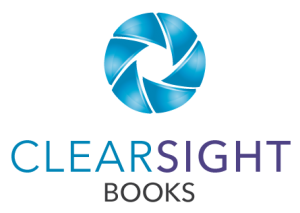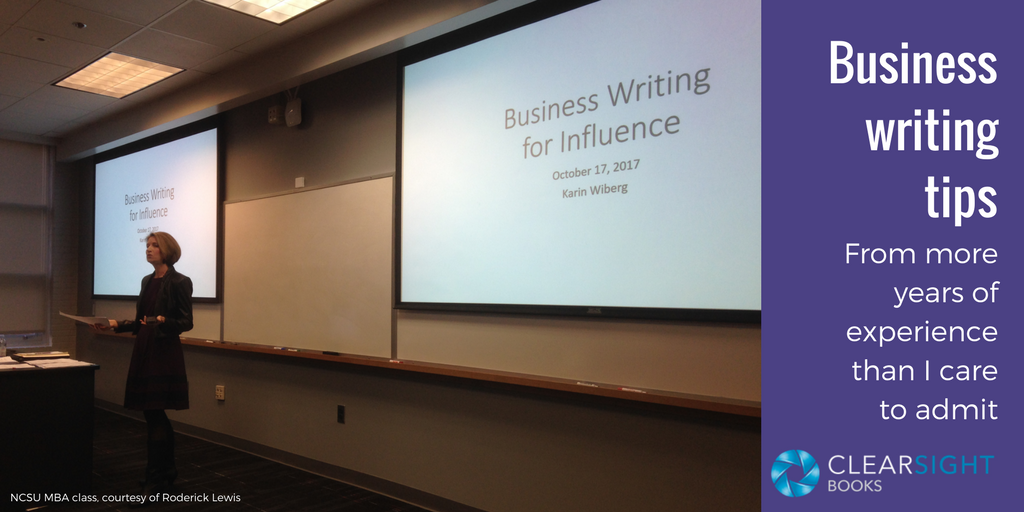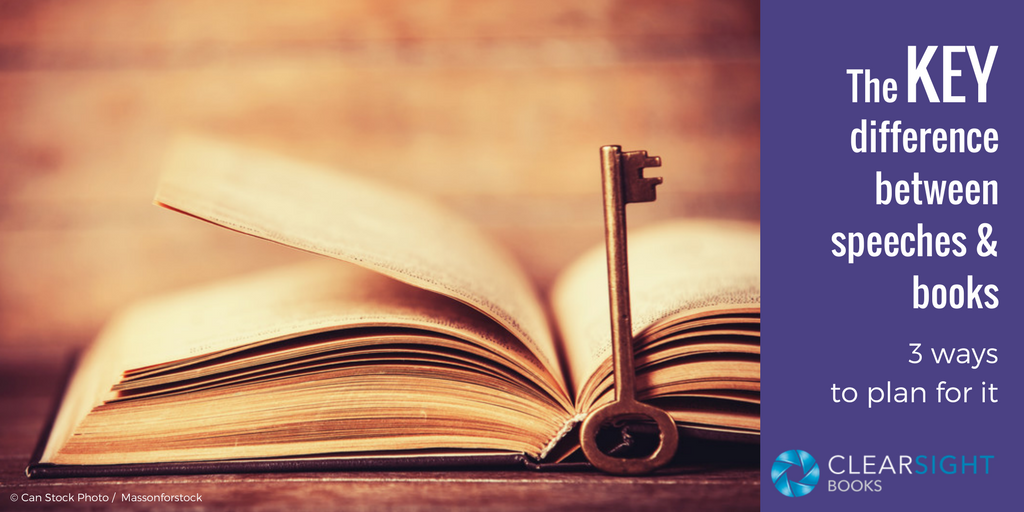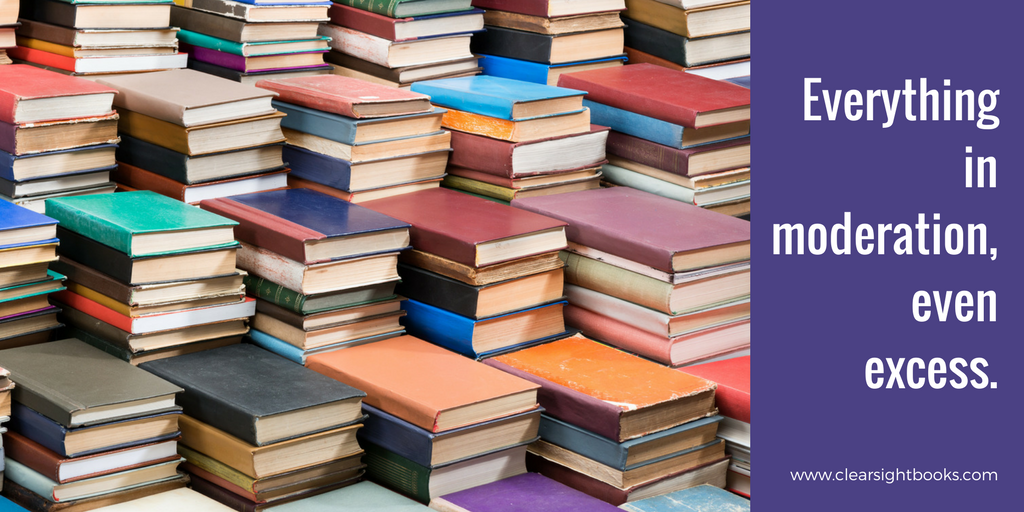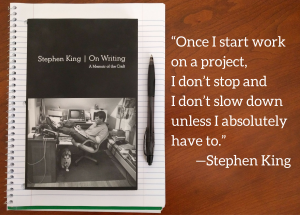Writers often talk about “voice.” But what is voice, and why do so many of us struggle to find, develop, and trust our voice? Here are some suggestions on how to find and define YOUR voice to create a relationship with your readers, and how to trust your voice enough to let it be heard.
My Top Business Writing Tips
Need to improve your written communication at work? Want to strengthen your grant application? Here are 6 of my top business writing tips, guaranteed to make life easier on your readers.
Crafting Strategy: Visionary, Intuitive,...
Henry Mintzberg introduced the idea of emergent strategy as well as planned strategy. His concept of “crafting strategy” applies to writing as well. This article interprets Mintzberg’s approaches as they apply to the complicated work of a writer.
The Secret to Earning Your Readers’ Trus
With every new book, the reader must decide: Do I trust the author enough to make the experience worth my while? The secret to earning trust from your readers? Consistency. Here’s how to achieve it.
What Writers Can Learn from Artists: Pra...
Writers can learn a lot from painters and visual artists. Here are two core principles that artists live by: practice and release. Try them on for size and notice a dramatic improvement in your writing process.
The Key Difference Between Speeches and ...
Speeches and books have many similarities and one key difference to address in planning your book: the lack of real-time audience interaction. This post discusses implications for your book project and 3 tools to address the challenge.
Book Quality: Lessons from Judging Jane
What can you learn about book quality from judging high school essays? A lot, it turns out. This post explains the importance of strong content, clear structure, solid craft, and good design.
Avoid Distractions: Focus Your Readers o...
When it is critical to get your message across, avoid distractions. Extra information, verbal tics, overly exuberant punctuation–it all needs to go. Here’s how to give those reader distractions the boot.
Excessive Irritation: A Little Bit Goes ...
A dash of excess in writing is like eating a rich candy bar–yum. But when you eat the entire 6-pack, you get a tummy ache. Are you being excessive? This post helps you spot 6 over-the-top practices to prune from your writing.
Tips for Creating Effective Headings
Headings are a powerful tool often overlooked in formatting articles, blog posts, and books. Proper language and formatting enhance the reader experience. This article covers the purpose of headings and how to let them do their job.
Tips for Using Emphasis Effectively
Effective use of emphasis in formatting your article, blog post, or book helps your readers understand and navigate your message. This post demonstrates types of emphasis and 5 reasons to use them.
Writing Advice from Horror Novels to Bus...
What writing advice does master of horror Stephen King have for consultants, coaches, and other entrepreneurs writing business books? Quite a bit, it turns out. Here we summarize 6 pieces of advice from a prolific writer.

